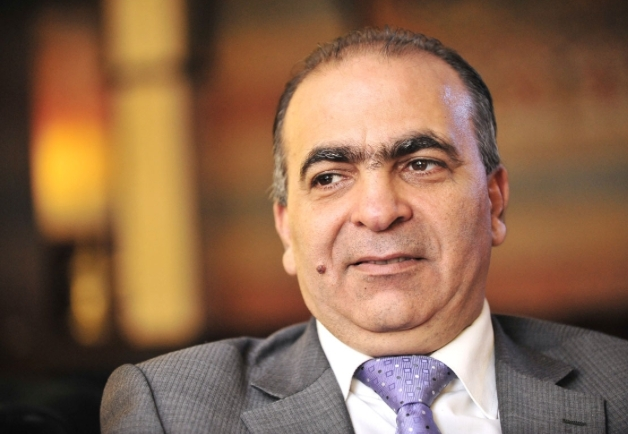Since the first Astana meeting it has been clear that the Russians want to use the Turks to compel the rebel groups under their authority, and the allies financing them, to attend these negotiations as a false witness to the arrangements of the three Astana parties, which has no relation to Syria or Syrians. For these groups Turkey is their lifeline, and without the Turks’ will they would have no money, weapons, bases or open border crossings.
In contrast, Russia has reduced its support and stopped building the the PYD, the Syrian branch of Abdullah Ocalan’s Turkish party, and has allowed the Turkish army to enter Syrian territory and occupy Jarablus and Al-Rai and to advance toward Manbij, something which would not have happened without Russian-Turkish agreement to consecrate Ankara as Tehran and Moscow's partner in the occupation of Syria and end Turkey's tense relations with the two parties after the downing of a Russian warplane.
Three conferences have been held in Astana without result. After every conference, the Russians and Iranians have won a battle on the ground and have won more territory through a gradual and premeditated biting-off — forcibly expelling Syrians to Idelb, while the Turks have put pressure on their followers in the opposition to go to Astana once again.
What to do? The Astana conferences and the agreements they have produced between the three occupants (Russia, Iran and Turkey) have revealed a number of issues which must be taken into consideration by Syrian nationalists, as they look for solutions to deal with foreign occupation, President Bashar al-Assad’s tyranny and the prospect of extremist political Islam.
First: the accord between Russia, Turkey and Iran. The Astana agreement is not enough to cause the division of Syria between the three countries a fait accompli. The Europeans, Arabs and Americans have expressed doubts about the feasibility and possibility of implementing it, and the United States, Saudi Arabia, Jordan and Europe have distanced themselves from the agreement, meaning that Syrian nationalists have a large space to maneuver to annul it.
Second: The pliancy of the armed groups and the ability of the Turks and Qataris to force them to attend a conference that does not serve Syrian interests has been proven. The dim reactions and clear inability of the High Negotiations Committee and the Syrian National Coalition show that these institutions are unable to defend Syrians’ interests and the unity and liberty of their country, and that Syrians need national institutions that are more independent and able to offer projects for realistic solutions. These bodies must search for an intersection of interests with other regional and international powers whereby Syria is not mortgaged to occupiers. Here, the Syrian political, cultural and economic elite have a historic responsibility to bear.
Third: All countries which are trying to exploit the Syrian tragedy and the disaster befalling the people to achieve their interests are playing with the sectarian and ethnic chords. Iran, which is Shiite, and Turkey, which is Sunni, and Russia, which is calling for the defense of minorities and secularism, have had no objection to working together to carve up our homeland, exploiting our differences and our being guided by sectarian and ethnic instincts. Turkey is not really backing the Sunnis, Iran is not protecting the Shiites and Alawites, and Russia is not defending the Christians and secularists and Kurds, but each one of these countries is working to achieve its own interests and the interests of its governments at the expense of our country and the blood of our people, and each are ready to sell out their allies when needed.
Syrians alone, from various religious, sectarian and ethnic identities, are most capable in their unity and solidarity of defending the independence of their country and their liberty and unity, and are most capable of building up their country for everyone under a constitution which guarantees their rights without discriminations and enables them to choose governments capable of rebuilding their devastated nation.
This article was translated and edited by The Syrian Observer. Responsibility for the information and views set out in this article lies entirely with the author.


